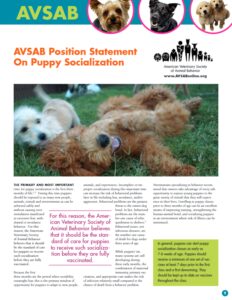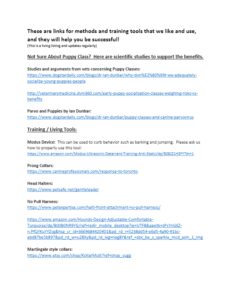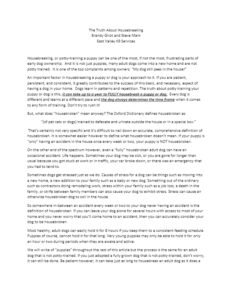Ever noticed a change in your dog’s behavior after switching their food? It’s not surprising. Diet plays a crucial role in a dog’s overall health and well-being, including their behavior. Let’s explore how nutrition can influence your dog’s mood, energy levels, and even their propensity for aggression.
Can changing my dog’s diet improve their behavior?
Absolutely! Diet can significantly impact a dog’s mood, energy levels, and even their propensity for aggression. By providing your dog with a balanced diet that meets their nutritional needs, you can help to improve their overall behavior.
Here’s how diet can influence behavior:
- Energy levels: A well-balanced diet can help regulate a dog’s energy levels, preventing both hyperactivity and lethargy.
- Cognitive function: Proper nutrition supports brain health, which can impact a dog’s ability to learn, focus, and behave appropriately.
- Mood: Certain nutrients are essential for maintaining a positive mood. Deficiencies in these nutrients can contribute to anxiety, aggression, or other behavioral issues.
What foods can cause aggression in dogs?
While there’s no definitive list of foods that directly cause aggression, some dietary factors can contribute to behavioral problems. These include:
- Food allergies or sensitivities: Reactions to certain ingredients can lead to discomfort, irritability, and even aggression.
- Poor quality food: A diet that is low in essential nutrients can cause hormonal imbalances, which may contribute to aggression.
- Excessive sugar: High-sugar treats can lead to mood swings and hyperactivity.
How does food allergies affect a dog’s behavior?
Food allergies can manifest in various ways, including skin issues, digestive problems, and behavioral changes. Dogs with food allergies may become irritable, anxious, or even aggressive. If you suspect your dog has a food allergy, consult with your veterinarian to determine the culprit and develop a suitable diet.
Can a poor diet lead to anxiety in dogs?
Yes, a poor diet can contribute to anxiety in dogs. Nutritional deficiencies can affect a dog’s nervous system, leading to feelings of stress and fear. Additionally, chronic health issues caused by poor nutrition can also contribute to anxiety.
To ensure your dog’s well-being, it’s essential to provide them with a high-quality diet that meets their specific needs. If you’re concerned about your dog’s behavior, consider consulting with a veterinarian or a certified animal behaviorist to rule out any underlying health issues and discuss dietary changes that may be beneficial.
Choosing the Right Food for Your Dog’s Behavior
Now that you understand the impact of diet on your dog’s behavior, it’s time to choose the right food. Here are some tips:
- Consult with a veterinarian: A veterinarian can help you determine your dog’s specific nutritional needs based on their age, weight, and health conditions.
- Read labels carefully: Look for high-quality ingredients, such as real meat or fish, and avoid artificial additives and preservatives.
- Consider your dog’s allergies: If your dog has known allergies, choose a food that is free of those allergens.
- Gradually transition to a new food: To avoid digestive upset, introduce new food gradually over a week or two.
Remember, every dog is unique. What works for one dog may not work for another. If you’re still experiencing behavioral issues after making dietary changes, consult with a veterinarian or a certified animal behaviorist for further guidance.
By paying attention to your dog’s diet, you can help them live a happier, healthier, and more well-behaved life.












